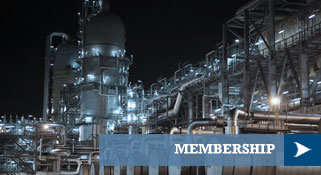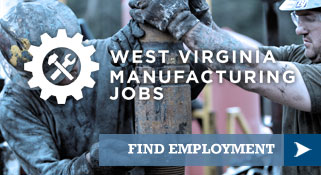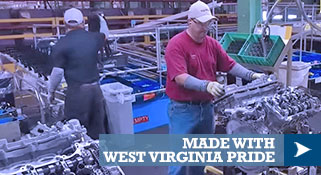I watched with interest the protesters in Washington, D.C., recently who participated in the People vs. Fossil Fuels.
Aside from the obvious questions about how the protesters got to D.C., probably with fuels, vehicles and on roads derived from coal, oil and gas, wearing clothes made of fossil fuel derivatives and eating food raised and transported in similar fashion, one wonders whether they understand what they are asking.
They are asking for power that is inherently intermittent, and not always available. The sun doesn’t shine at night, the wind doesn’t blow all the time.
As a representative of manufacturers, I’m agnostic on where our power comes from. Wherever it comes from, though, it must be reliable and affordable. When a manufacturer is running huge amounts of electricity through alumina to make aluminum, the process can’t stop halfway and get started again later. The cells are destroyed and the cost of chipping out the slag is enormous.
Interruptions in power can be an awful inconvenience for consumers. But they can bankrupt businesses. So can huge power bills that make a company run in the red.
Those who oppose fossil fuels, and who want “carbon-neutral-by-2035” promises, do little to explain exactly how those goals could be realistically and economically achieved. Those details have been in short supply. We are ready to be part of the solution to climate change, but we need to know what the plan is, so we can evaluate it.
Maybe we could build batteries to back up wind and solar? It will take years to construct enough of them to make any difference in backing up intermittent energy supplies. Still, they could be part of the answer — if we all agree that the large-scale mines needed to obtain the rare earth elements and other raw materials for their construction can be quickly permitted and allowed to start operating, free from the lengthy delays brought about by objections from those who reflexively oppose development of all kinds.
We’re also happy to contribute to these intermittent sources of energy, by constructing solar panels and other equipment for the new economy. But we cannot compete with products made by forced labor, as is allegedly happening in Uyghur internment camps in China.
Will everyone agree to buy the best solar panels in the world, made right here, even if they cost twice what they cost in China? Does the government intend to subsidize the construction of the panels, and the power they produce?
The time for platitudes has passed. The time for honest conversation is now. Instead of pretending that fossil fuels are going away immediately, or that the transition to something else will be pain-free and quick, we need to hear a real plan. We stand ready to talk with anyone who is serious about how we run an economy free from fossil fuels. But be forewarned, we have some tough questions to ask.







